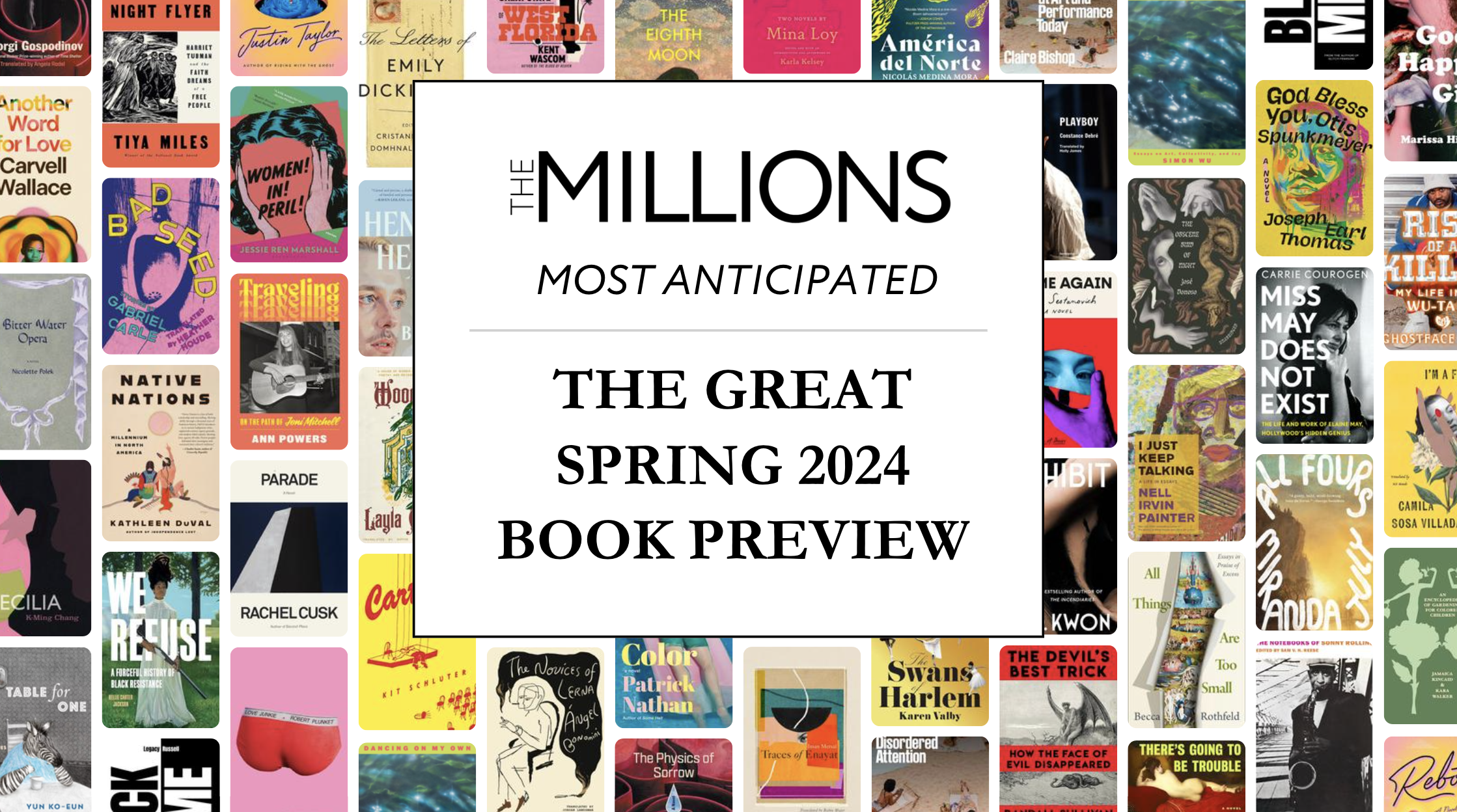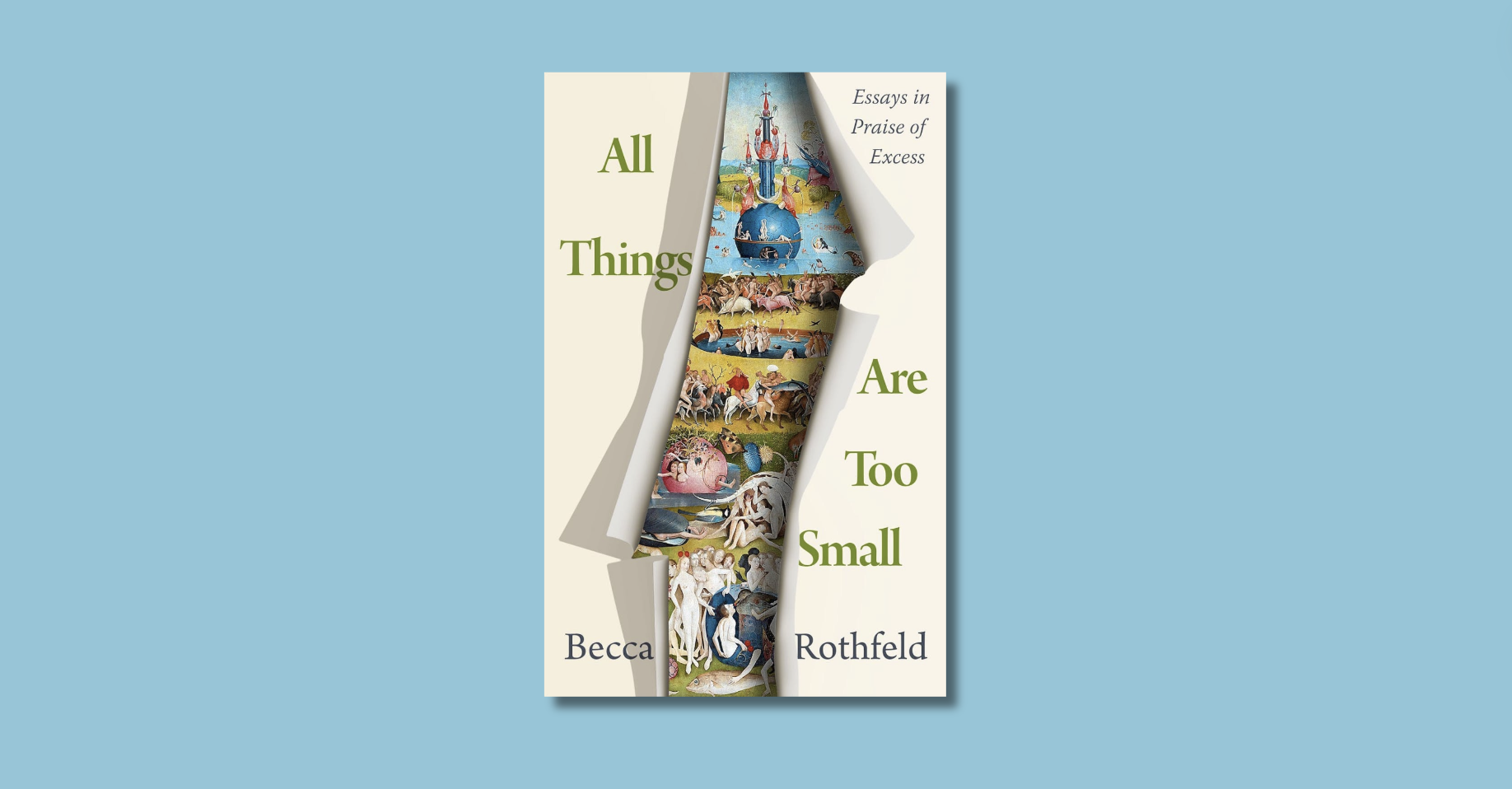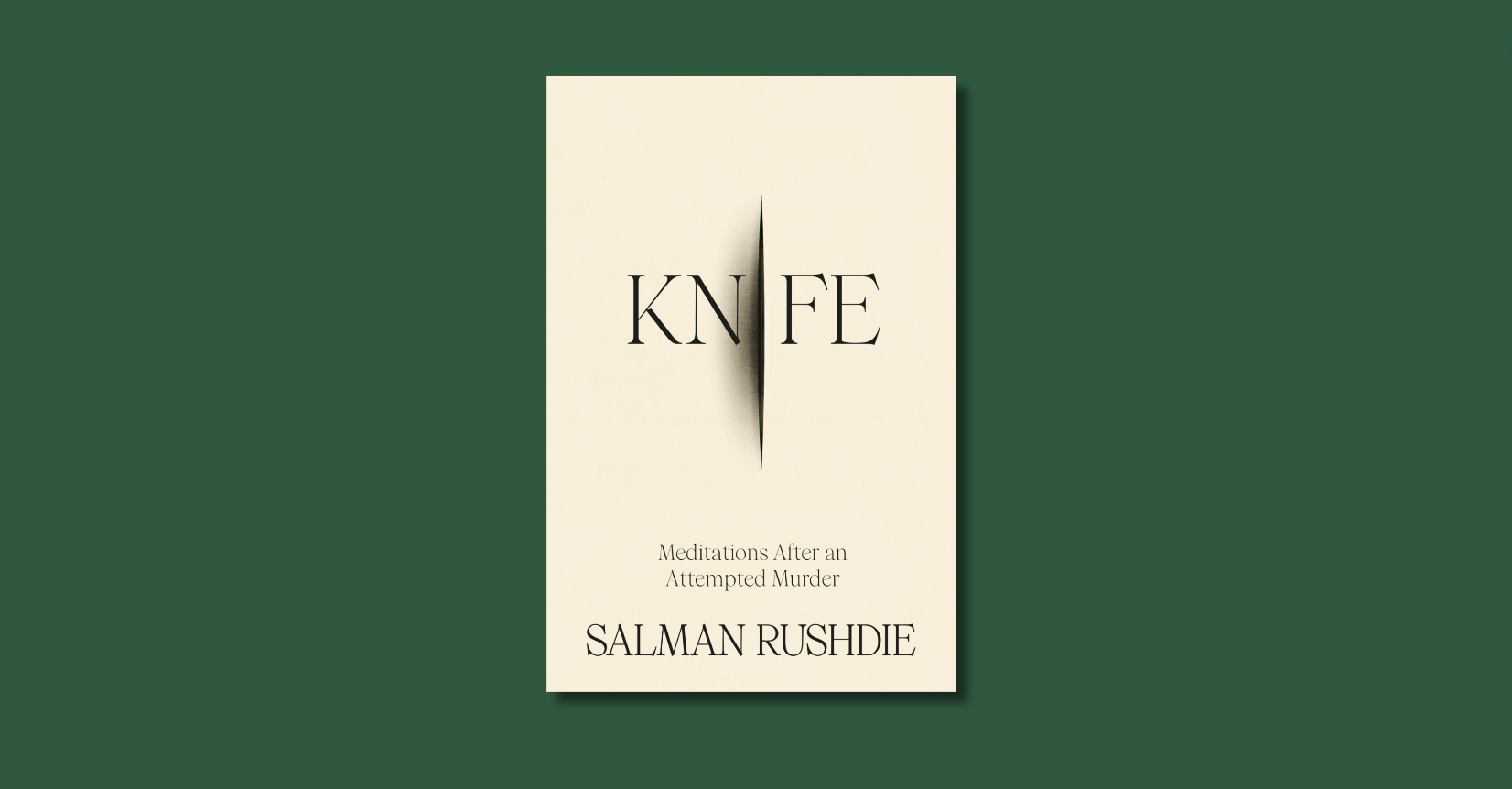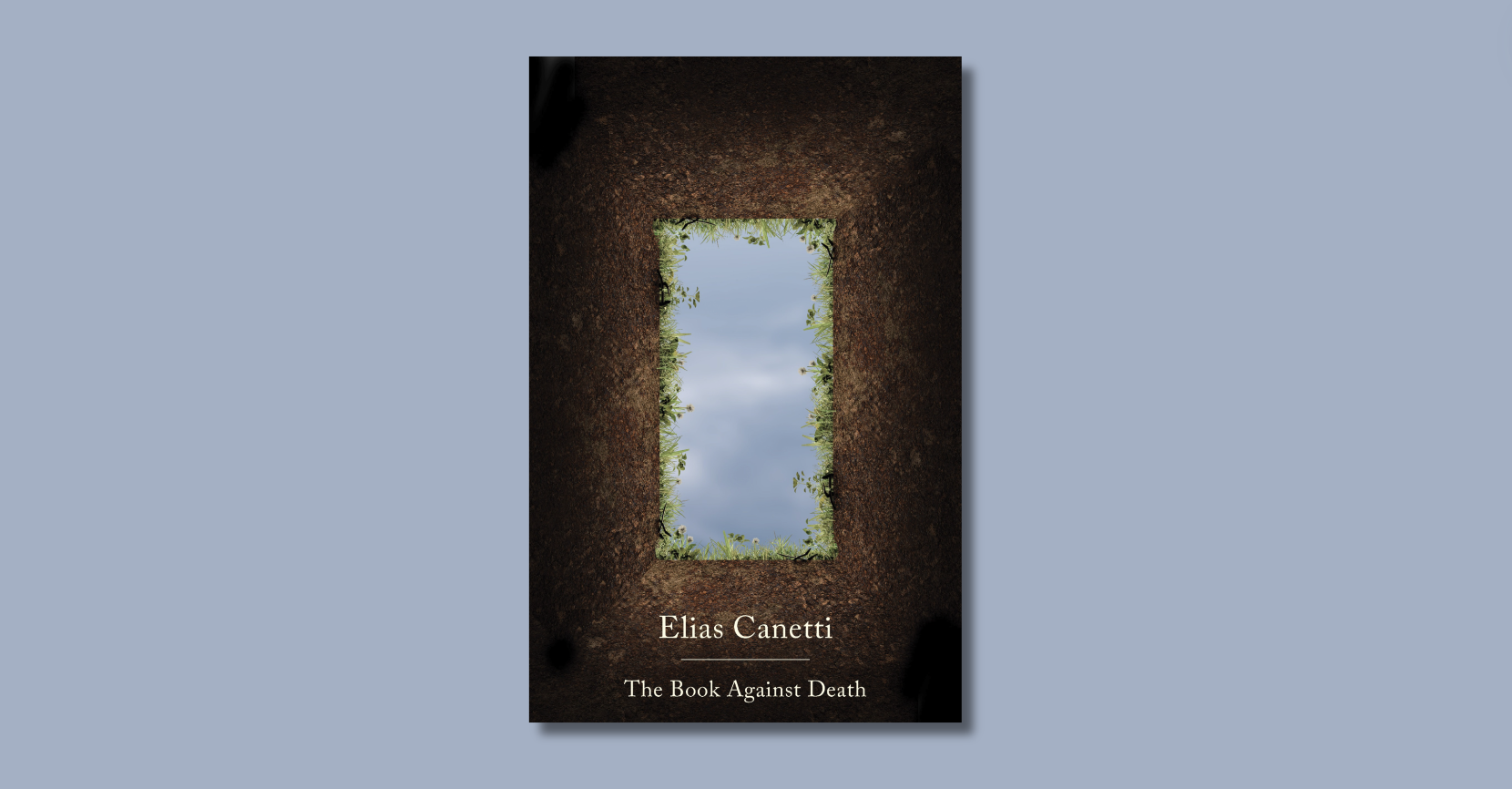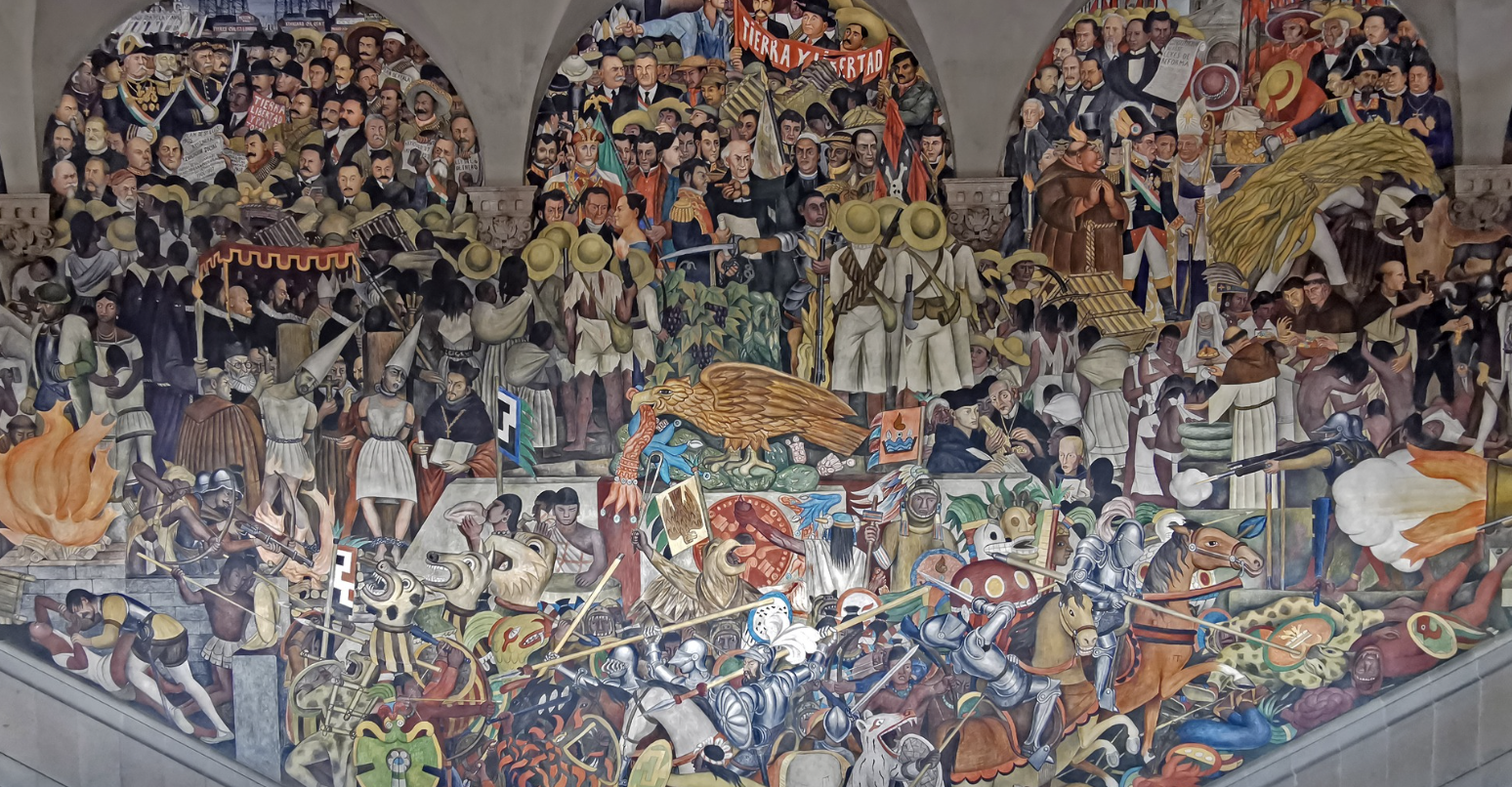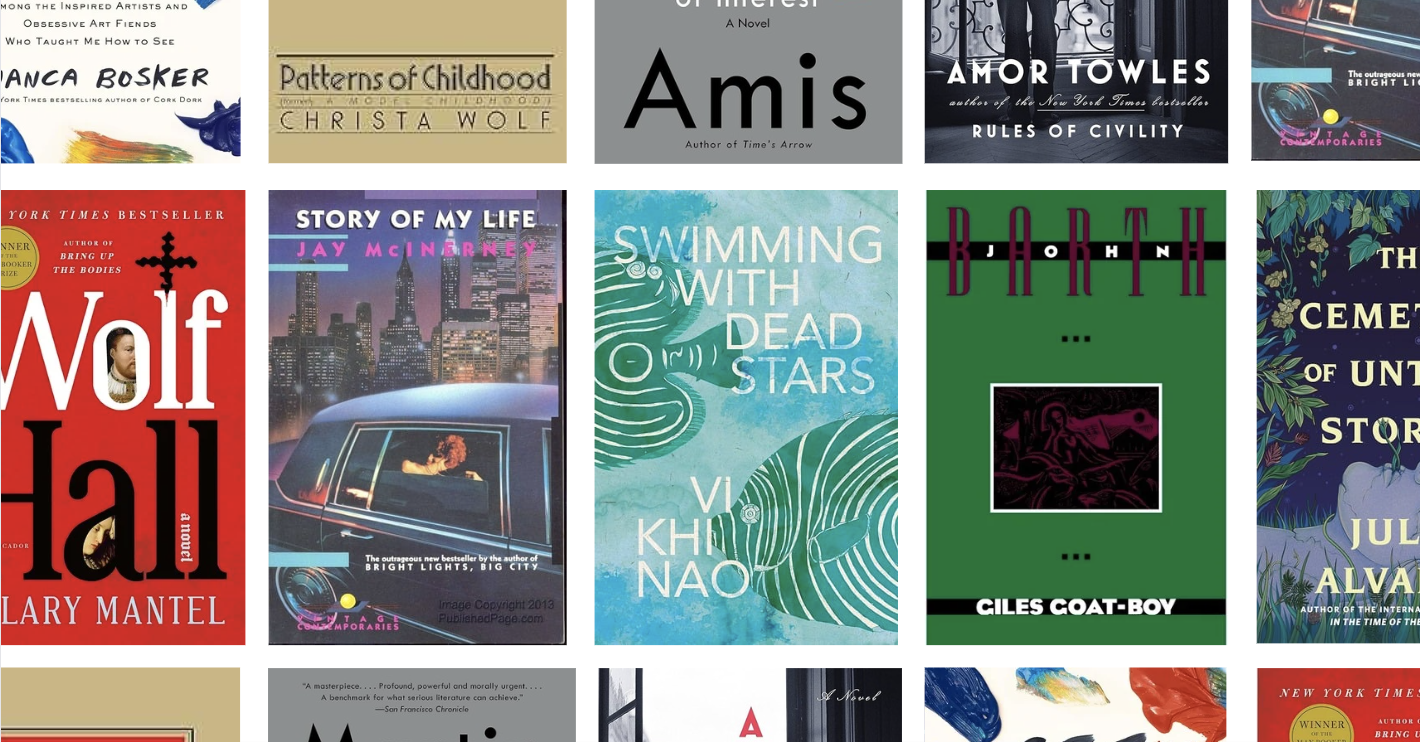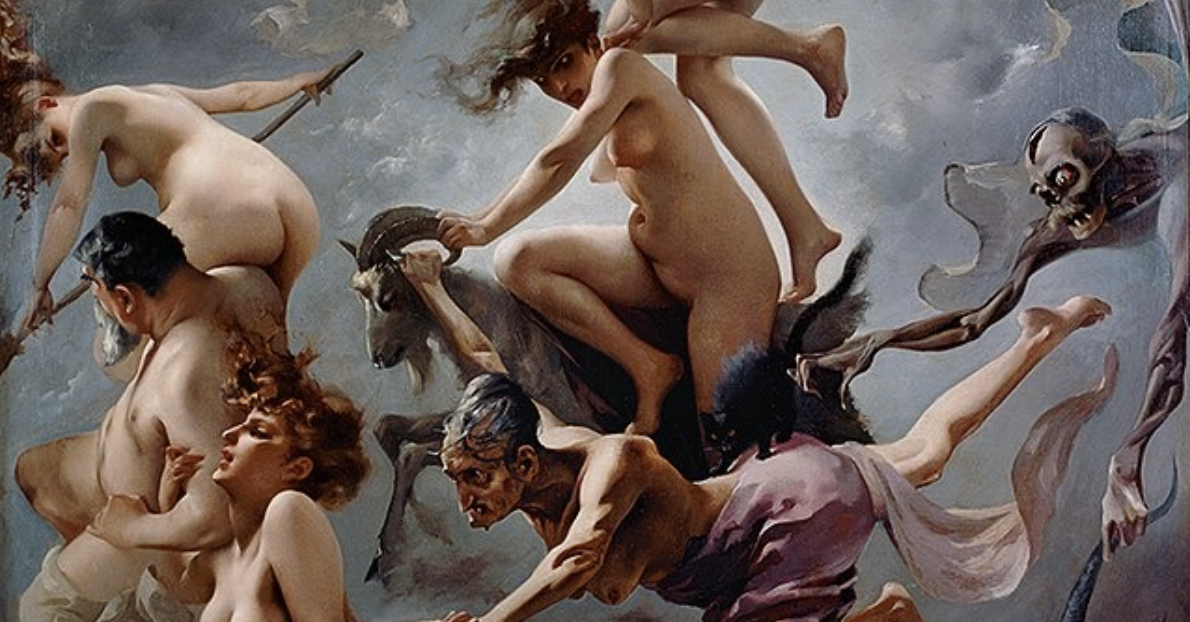Poetry forces us to slow down, sit, and pay attention. Poets make us work, and we should be thankful for that; language is resurrected when it’s spun and stretched and smoothed.
2017 is a banner year for poetry: debuts, new takes by established authors, and collections that span careers. In this monthly column, I’ll profile new titles that are worth your time.
Stories of transfigurations and conflagrations. Poets affirming their existence on the page. Poetry that cuts through the daily noise and does justice to words. Here are five notable books of poetry publishing in July.
Lessons on Expulsion by Erika L. Sánchez
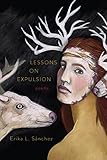 Sánchez’s debut collection begins with “Quinceañera,” a poem about desire born when “Summer boredom flutters its / sticky wings.” Cooking wine is guzzled. Old whiskey is downed. “In the warmth of your bedroom,” the narrator pierces her navel with a safety pin, and tumbles backward in time as her skin remains pressed against the present. Out “in the murky dance clubs,” music “vibrating / your face and skull,” there is a pain that “suckles you,” and “Everywhere, / you hold its lumpy head to your breast like a saint.” I put a lot of worth on a poet’s opening salvo, and Sánchez sets her heels into the dirt. Her lines pop and pivot, from sex to God (and divine absence), to immigration and identity. I keep going back to the elegiac “Amá” (“I know you think only white people leave / their families. / I undid my braids too early, I know.”) and a searing thunder of a poem, “Baptism,” whose final lines cut: “Watch me dance / on borders in this dirty dress, / until my wig catches fire.” This is a collection that outlasts its final page, that feeds us endless questions to ponder, that makes us want more: “Amá, I leave because / I feel like an unfinished / poem, because I’m always trying / to bridge the difference.”
Sánchez’s debut collection begins with “Quinceañera,” a poem about desire born when “Summer boredom flutters its / sticky wings.” Cooking wine is guzzled. Old whiskey is downed. “In the warmth of your bedroom,” the narrator pierces her navel with a safety pin, and tumbles backward in time as her skin remains pressed against the present. Out “in the murky dance clubs,” music “vibrating / your face and skull,” there is a pain that “suckles you,” and “Everywhere, / you hold its lumpy head to your breast like a saint.” I put a lot of worth on a poet’s opening salvo, and Sánchez sets her heels into the dirt. Her lines pop and pivot, from sex to God (and divine absence), to immigration and identity. I keep going back to the elegiac “Amá” (“I know you think only white people leave / their families. / I undid my braids too early, I know.”) and a searing thunder of a poem, “Baptism,” whose final lines cut: “Watch me dance / on borders in this dirty dress, / until my wig catches fire.” This is a collection that outlasts its final page, that feeds us endless questions to ponder, that makes us want more: “Amá, I leave because / I feel like an unfinished / poem, because I’m always trying / to bridge the difference.”
Some Say by Maureen N. McLane
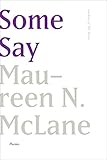 In McLane’s poetic-memoir, My Poets, she’s written about how listening to recordings of poets transforms their works: “recordings offer a great way to refocus one’s attention on the poem.” McLane’s columnar, phrase-long lines in Some Say made me want to read them aloud. I find that white-paged poems, lines short and margins wide, really help coax the language alive because there’s nowhere to hide (as in prose). “If I say abstract,” she writes, “I don’t mean ideal. / I mean real.” Yes. McLane’s poems often wander into nature, but they always turn back to language, our terribly insufficient but tonally beautiful attempts at naming, placing, cataloging, and feeling the world. She’s also hilarious, as in “Tips for Survival,” which include: “Don’t date flyboys. / Carry blister tape” and “Accept no gift / unless you want that relationship.” My favorite poem here is “Yo,” which bends language without breaking it: “Talking to birches / I am an idiot // & I know you get it / reader—no idiolect // this dialect / riddled with defects // time will fix / or forget/ Whatevs.”
In McLane’s poetic-memoir, My Poets, she’s written about how listening to recordings of poets transforms their works: “recordings offer a great way to refocus one’s attention on the poem.” McLane’s columnar, phrase-long lines in Some Say made me want to read them aloud. I find that white-paged poems, lines short and margins wide, really help coax the language alive because there’s nowhere to hide (as in prose). “If I say abstract,” she writes, “I don’t mean ideal. / I mean real.” Yes. McLane’s poems often wander into nature, but they always turn back to language, our terribly insufficient but tonally beautiful attempts at naming, placing, cataloging, and feeling the world. She’s also hilarious, as in “Tips for Survival,” which include: “Don’t date flyboys. / Carry blister tape” and “Accept no gift / unless you want that relationship.” My favorite poem here is “Yo,” which bends language without breaking it: “Talking to birches / I am an idiot // & I know you get it / reader—no idiolect // this dialect / riddled with defects // time will fix / or forget/ Whatevs.”
All the Bayou Stories End with Drowned by Erica Wright
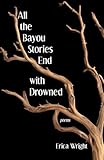 I loved the strangeness of Wright’s debut, Instructions for Killing the Jackal, and she’s back with her unique storytelling touch (Wright is also a crime novelist—The Granite Moth and The Red Chameleon—and burns a profluent path through her poems). There’s humor in the face of apocalypse, too: “Quirks of survival leave us roaches / but not pterodactyls. So much for majesty.” In “Spontaneous Human Combustion,” there’s a sense of unknowing: “Someone was here, and now he’s not.” Appropriate to the book’s title, many of these narrators tell strange tales, shrug their shoulders, and move on—but the readers are left transfixed. Take the sublime “American Ghosts:” “These see-throughs want to shake your hand, / none of this calling out to mirrors, letting // daughters burn their locks with matches.” Their translucent forms assemble, and once “outfitted with hymnals,” they “push the light from their palms / until bells ring like rivers cracking in spring.” Although the dead “remember the weight of boots” they “prefer the company of dust.” There’s a matter-of-factness to Wright’s crisp lines, as if we are entering a weird but valid world between these covers. It is not the final poem in the collection, but I recommend doubling-back to the open atmosphere of “American Highways in Billboard Country,” and one epitaph-worthy couplet in particular: “What if the exit we choose / isn’t the one we wanted?”
I loved the strangeness of Wright’s debut, Instructions for Killing the Jackal, and she’s back with her unique storytelling touch (Wright is also a crime novelist—The Granite Moth and The Red Chameleon—and burns a profluent path through her poems). There’s humor in the face of apocalypse, too: “Quirks of survival leave us roaches / but not pterodactyls. So much for majesty.” In “Spontaneous Human Combustion,” there’s a sense of unknowing: “Someone was here, and now he’s not.” Appropriate to the book’s title, many of these narrators tell strange tales, shrug their shoulders, and move on—but the readers are left transfixed. Take the sublime “American Ghosts:” “These see-throughs want to shake your hand, / none of this calling out to mirrors, letting // daughters burn their locks with matches.” Their translucent forms assemble, and once “outfitted with hymnals,” they “push the light from their palms / until bells ring like rivers cracking in spring.” Although the dead “remember the weight of boots” they “prefer the company of dust.” There’s a matter-of-factness to Wright’s crisp lines, as if we are entering a weird but valid world between these covers. It is not the final poem in the collection, but I recommend doubling-back to the open atmosphere of “American Highways in Billboard Country,” and one epitaph-worthy couplet in particular: “What if the exit we choose / isn’t the one we wanted?”
Thousand Star Hotel by Bao Phi
 “Survive long enough / and eventually / everything becomes a revolution.” “Being Asian in America,” one of the shortest poems in Phi’s collection, reverberates outward through the book. There’s sparkling range within these poems, and the reach is fluid. In “Vocabulary,” we begin with two minimum-wage workers pushing shopping carts along the parking lot asphalt to where they rest in the corral. One winter, two workers stand “near the weak warmth of the rattling heat vent.” Like the narrator, the other man “was a nonwhite boy from a poor family.” The man missed his girlfriend, but they’d spent the previous night together, and his joy was obvious: “He said it like their love / saturated every atom of his being, / and shook him, / as if all his veins were laid bare.” The man soon became ashamed that he’d opened his heart to another, and never speaks of his emotions again. Phi might have ended the poem there, but as he does throughout Thousand Star Hotel, he takes disparate and precise moments of family, work, fatherhood, and shows their wider echo. Twenty years after that co-worker closed his heart to the narrator, he turns to the reader: “I make my living with words” but “I still can’t reach out to my friends, / especially my fellow straight boys…I find myself wanting to tell my mother and father I love them and / I just / can’t.” Such piercing laments contained in these lines.
“Survive long enough / and eventually / everything becomes a revolution.” “Being Asian in America,” one of the shortest poems in Phi’s collection, reverberates outward through the book. There’s sparkling range within these poems, and the reach is fluid. In “Vocabulary,” we begin with two minimum-wage workers pushing shopping carts along the parking lot asphalt to where they rest in the corral. One winter, two workers stand “near the weak warmth of the rattling heat vent.” Like the narrator, the other man “was a nonwhite boy from a poor family.” The man missed his girlfriend, but they’d spent the previous night together, and his joy was obvious: “He said it like their love / saturated every atom of his being, / and shook him, / as if all his veins were laid bare.” The man soon became ashamed that he’d opened his heart to another, and never speaks of his emotions again. Phi might have ended the poem there, but as he does throughout Thousand Star Hotel, he takes disparate and precise moments of family, work, fatherhood, and shows their wider echo. Twenty years after that co-worker closed his heart to the narrator, he turns to the reader: “I make my living with words” but “I still can’t reach out to my friends, / especially my fellow straight boys…I find myself wanting to tell my mother and father I love them and / I just / can’t.” Such piercing laments contained in these lines.
Distant Mandate by Ange Mlinko
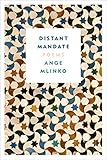 Mlinko’s notes for the collection read like a dense prose-poem of poetic ancestry and influences. She writes that her title is taken from László Krasznahorkai’s novel Seiobo There Below: “everything is forcing him to take part in a dream that he himself is not dreaming, and to be awake in another’s dream is the most horrifying burden—but at the same time he is a favored being, as he can see something, for the sight of which there is only a distant mandate, or there isn’t one at all, this cannot be known, he can see, in any event, the moment of creation of the world, of course all the while understanding nothing of it.” A recursive and accurate definition of poetry. Mlinko’s verse calls to mind W.B. Yeats’s concept of “Spiritus Mundi,” a depository of souls and spirits, a place where poets’ minds drift in that space between sleeping and waking moments. Distant Mandate feels like it exists in that purgatorial setting, starting with “Cottonmouth:” “A levitating anvil. Omen of seagull / Blown inland. Ranch gate said RIVERSTYX, / but it was the woodland that looked lethal: // no place to put down your foot.” Mlinko’s poems tend to burrow into the dirt and dust while their words lift the prosaic world into abstraction. It’s a collection that demands attention and patience, but there are so many rewards, as in “The Fort:” “From the weathered boards knots pop / like the eyes of potatoes. From brick / salient not a clink of a pupil in a loop-/ hole.” Read those lines aloud, feel your tongue go. Close your eyes, and there you are in the scorched Texan land, with a poet whose ear is tuned to myth.
Mlinko’s notes for the collection read like a dense prose-poem of poetic ancestry and influences. She writes that her title is taken from László Krasznahorkai’s novel Seiobo There Below: “everything is forcing him to take part in a dream that he himself is not dreaming, and to be awake in another’s dream is the most horrifying burden—but at the same time he is a favored being, as he can see something, for the sight of which there is only a distant mandate, or there isn’t one at all, this cannot be known, he can see, in any event, the moment of creation of the world, of course all the while understanding nothing of it.” A recursive and accurate definition of poetry. Mlinko’s verse calls to mind W.B. Yeats’s concept of “Spiritus Mundi,” a depository of souls and spirits, a place where poets’ minds drift in that space between sleeping and waking moments. Distant Mandate feels like it exists in that purgatorial setting, starting with “Cottonmouth:” “A levitating anvil. Omen of seagull / Blown inland. Ranch gate said RIVERSTYX, / but it was the woodland that looked lethal: // no place to put down your foot.” Mlinko’s poems tend to burrow into the dirt and dust while their words lift the prosaic world into abstraction. It’s a collection that demands attention and patience, but there are so many rewards, as in “The Fort:” “From the weathered boards knots pop / like the eyes of potatoes. From brick / salient not a clink of a pupil in a loop-/ hole.” Read those lines aloud, feel your tongue go. Close your eyes, and there you are in the scorched Texan land, with a poet whose ear is tuned to myth.
